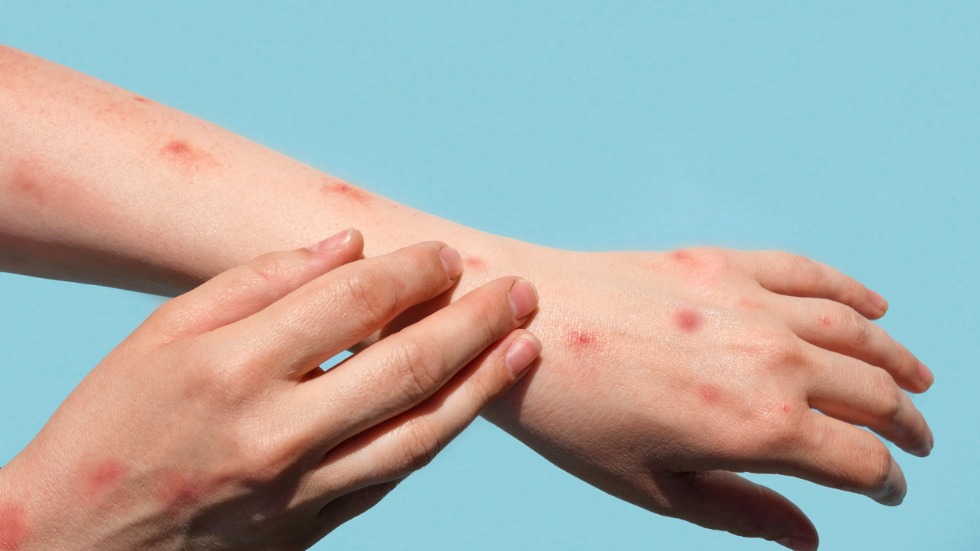
The spread of monkeypox in the U.S. could represent the dawn of a new sexually transmitted disease, though some health officials say the virus that causes pimple-like bumps might yet be contained before it gets firmly established.
Experts don’t agree on the likely path of the disease. Some of them fear that it is becoming so widespread that it is on the verge of becoming an entrenched STD just like gonorrhoea, herpes, and HIV. But no one’s really sure, and some say testing and vaccines can still stop the Monkeypox outbreak from taking root.
Status of Monkeypox in the US
So far, more than 2,800 US cases have been reported as part of an international outbreak that emerged two months ago. About 99% have been men who reported having sex with other men, health officials say.
Health officials are not sure how fast the virus has spread. They have only limited information about people who have been diagnosed, and they don’t know how many infected people might be spreading it unknowingly.
They also don’t know how well vaccines and treatments are working. One impediment: Federal health officials do not have the authority to collect and connect data on who has been infected and who has been vaccinated.
With such huge question marks, predictions about how big the U.S. outbreak will get this summer vary widely, from 13,000 to perhaps more than 10 times that number.
Dr. Rochelle Walensky, director of the Centers for Disease Control and Prevention, said the government’s response is growing stronger every day and vaccine supplies will soon surge. “I think we still have an opportunity to contain this,” Walensky told The Associated Press.
More details
Monkeypox is endemic in parts of Africa. There, people have been infected through bites from rodents or small animals. It does not usually spread easily among people. Notably, this year more than 15,000 cases of Monkeypox have been reported in countries that historically don’t see the disease. In the U.S. and Europe, the vast majority of infections have happened in men who have sex with men, though health officials have stressed that anyone can catch the virus.






